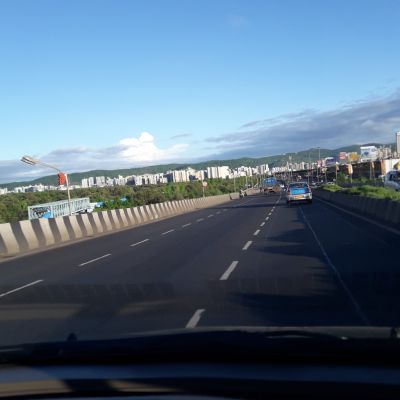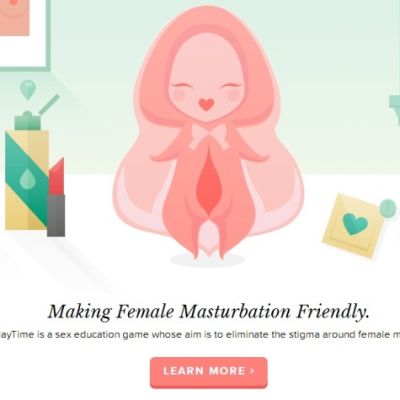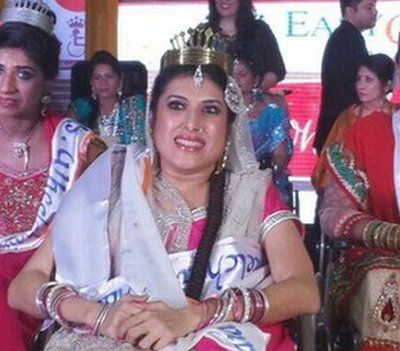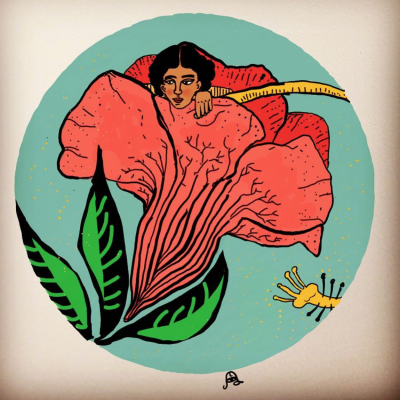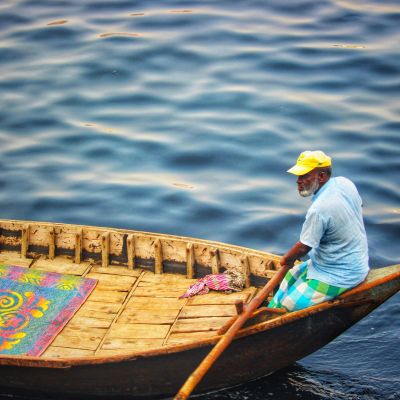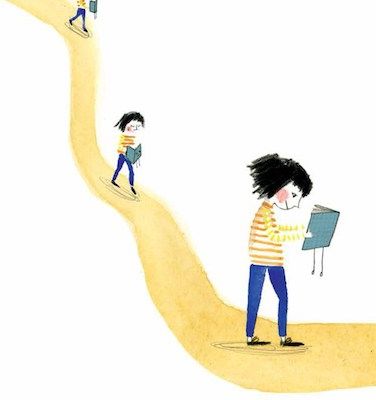Issue In Focus
While some of these questions seem old, they continue to be renewed in public debate on competing claims to public spaces. Ideas about public and private spaces also speak to the ways in which caste and class shape ideas about respectability, thus marking some places as ‘safe’ and others as ‘risky’.
I share an apartment with two friends in a cramped street across from posh, climber-draped bungalows in South Delhi. All…
People make assumptions about both mobility and sexuality and quite often reduce them to a few simple, unidimensional concepts. Sexuality is reduced to sex, marriage and the gender binary. Mobility is reduced to ableist concepts of body and capacity, and access to, or the possession of, a vehicle to get from point A to B.
Body image, body shaming, fat shaming. Familiar. Heart image, heart shaming, self-shaming. Expanding the same concept. You know how the…
…even if people have little in common, once they enter these spaces of solidarity, they are connected to a larger community. These spaces become wellsprings of an unspoken sense of safety and mutual support between individuals of communities that share a sense of having been othered.
Five snippets from three months. In August, Indian actress Poonam Pandey dons a bikini for the ALS Ice Bucket Challenge…
In 2013, ‘selfie’ entered the Oxford English Dictionary. By 2015, with front-facing phone cameras available on the cheapest of smartphones,…
Body + a million This article: written, read, edited, uploaded on to the internet, heard using assistive software, converted into…
… the heroine an amputee on a microprocessor controlled prosthetic leg with a hydraulic foot and ankle system raises her…
India has a very liberal abortion law on paper. Compared with global standards, the Indian law that governs abortions, the Medical Termination of Pregnancy Act, allows for abortion for a broad range of indications, making it a very progressive law that has been around for more than four decades. But how many of us really know this?
While sex sometimes can be fun, and at other times complicated and frustrating –is always love, lust or desire: which one you are signing up for and which one did you want to actually explore?
When one travels as a woman or indeed as someone who is not an upper caste, middle or upper class,…
In this great repository of the human collective consciousness and exposure lies a wealth of tacit knowledge of COVID-19 that is independent of the subject expert.
Saying yes to pleasure is as important as saying no to danger. To focus only on danger and keep it separate from pleasure leads to half-knowledge.
Fiction is a realm within which we can imagine the limitlessness of our feminist realities. By censoring fiction itself in an anxiety to perform what we understand as feminism, is to censor our imaginations, its subtle negotiations with reality and its potential in generating desires and dreams we hardly knew of. Does this mean we don’t critique books and movies? Definitely not! Critique is fun. Critique is important. Critique is how we grow. But the judgement needs to stop.



